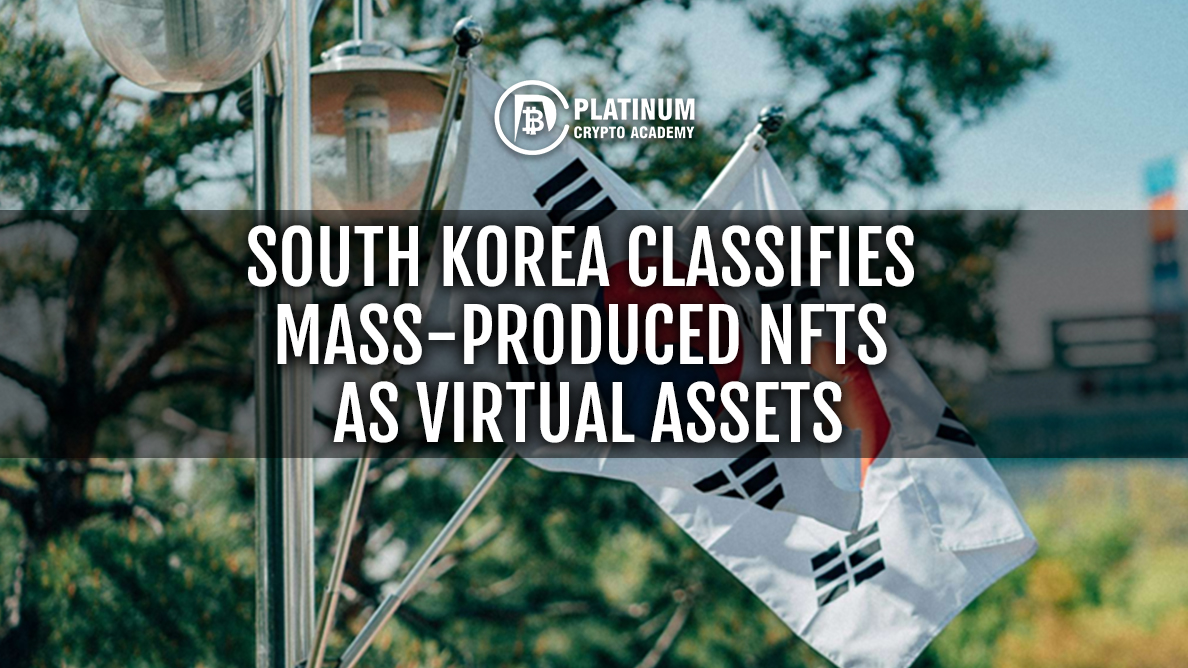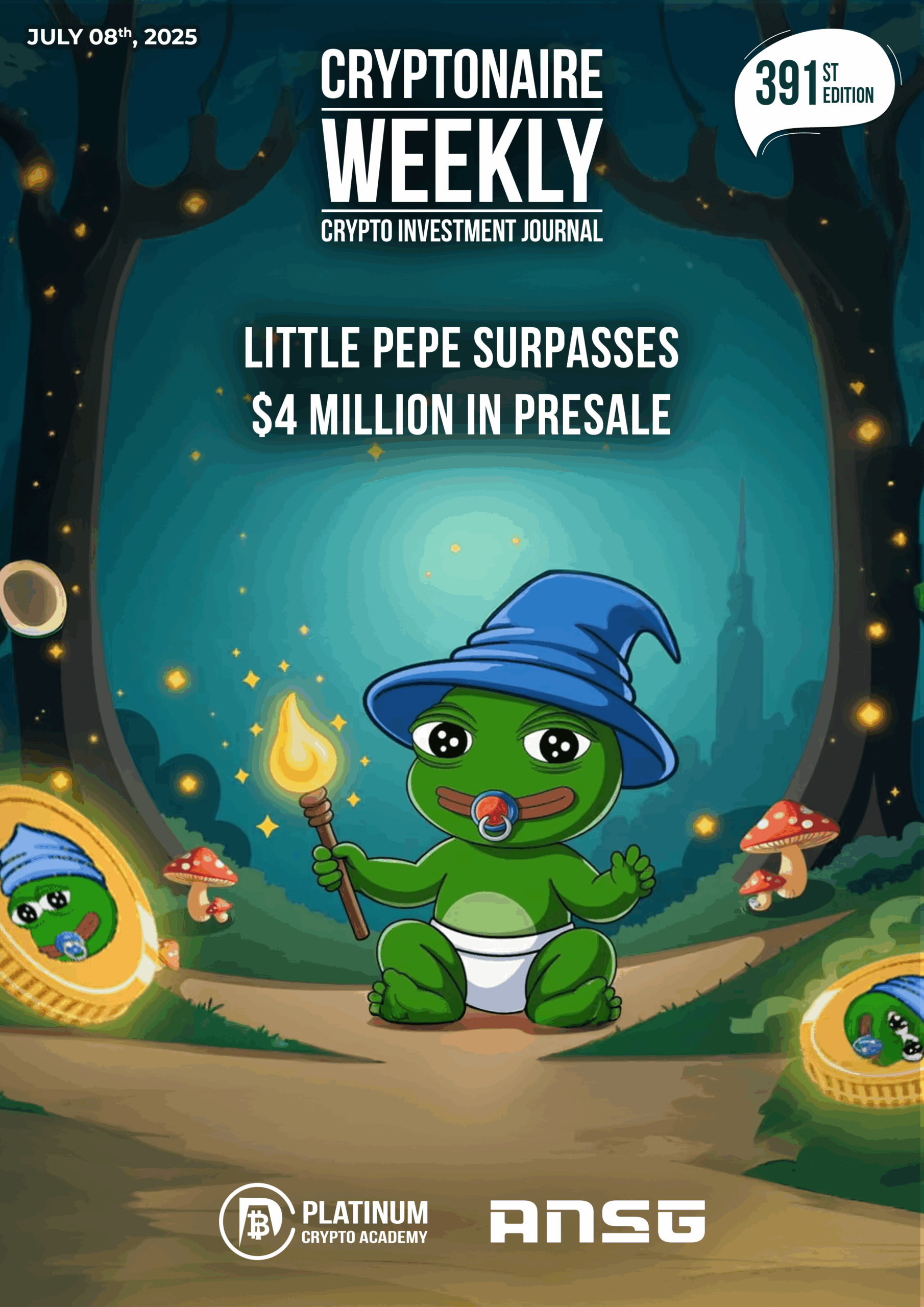The Financial Services Commission (FSC) of South Korea, the country’s financial regulatory authority, has recently issued new guidelines to clarify when nonfungible tokens (NFTs) should be treated as virtual assets. This move comes as NFTs gain increasing popularity across various sectors, from art and gaming to potential use as a form of payment.
Regulatory Clarification from the FSC
On June 10, local media outlet News1 reported that the FSC will regulate NFTs similarly to cryptocurrencies if they lack distinguishing characteristics from virtual assets. According to the FSC, NFTs that are mass-produced, divisible, and can be used as a form of payment will be considered virtual assets. This classification is expected to significantly impact how these NFTs are traded, taxed, and regulated in South Korea.
Mass-Produced NFTs and Their Implications
The FSC’s guidelines indicate that NFTs with little intrinsic value, such as those used for ticketing or digital certificates, will be classified as general NFTs and treated differently. These general NFTs will not be subject to the stringent regulations applied to virtual assets. However, mass-produced NFTs, which the FSC believes have a high potential for use as a payment method, will face different scrutiny.
Jeon Yo-seop, the head of the Financial Innovation Planning division at the FSC, emphasized the potential high transaction volume of mass-produced NFTs. He suggested that collections with large quantities, such as those issuing one million NFTs, could facilitate numerous transactions, thereby functioning effectively as a form of payment.
Case-by-Case Review for NFT Collections
Despite the broad guidelines, the FSC has stated it will conduct a case-by-case review to determine whether specific NFT collections should be classified as virtual assets. This approach ensures that there is no absolute standard for interpreting NFTs as crypto, allowing for regulatory flexibility based on the unique characteristics of each NFT collection.
NFTs as Securities
In addition to classifying certain NFTs as virtual assets, the FSC’s new guidelines also suggest that NFTs could be treated as securities if they exhibit features specified in South Korea’s Capital Markets Act. This could include NFTs representing ownership stakes, investment interests, or other financial rights. Such a classification would subject these NFTs to securities regulations, including disclosure requirements and investor protection measures.
Virtual Asset NFTs and Interest
As South Korea prepares to implement new rules for virtual assets in July 2024, the FSC has issued various guidelines to help stakeholders navigate the evolving legal landscape. In 2023, the FSC mentioned that by July, virtual assets must receive interest when funds are deposited into a crypto exchange. However, this requirement does not apply to regular NFTs and central bank digital currencies (CBDCs).
Interest on Virtual Asset NFTs
The latest update from the FSC reiterates that NFTs classified as virtual assets can receive interest once they are deposited on exchanges. This means that NFTs used as payment and issued in large quantities are eligible for interest, similar to other virtual assets like cryptocurrencies. This move is likely to enhance the financial utility of such NFTs, making them more attractive to investors and users.
The Broader Implications for the NFT Market
The FSC’s decision to classify certain NFTs as virtual assets marks a significant step in the regulation of the rapidly growing NFT market in South Korea. By providing a clear framework, the FSC aims to ensure that the market operates transparently and within the bounds of existing financial regulations.
Impact on NFT Creators and Investors
For NFT creators, particularly those who issue large collections, the new guidelines mean they must be mindful of potential regulatory implications. NFTs that could be used as a form of payment might now fall under stricter regulations, affecting how they are issued, sold, and traded. Creators will need to navigate these rules carefully to ensure compliance and avoid potential legal issues.
For investors, the ability to earn interest on virtual asset NFTs represents a new opportunity. This feature could attract more capital into the NFT market, as investors seek to capitalize on the financial benefits of holding interest-bearing NFTs. However, investors will also need to stay informed about the regulatory environment and understand the risks associated with investing in virtual assets.
The Role of Exchanges
Crypto exchanges in South Korea will need to adapt to the new regulations. They will have to implement systems to facilitate the earning of interest on virtual asset NFTs and ensure that their operations comply with the FSC’s guidelines. This could involve significant changes to their existing infrastructure and processes.
Conclusion
South Korea’s move to classify certain NFTs as virtual assets represents a significant development in the regulation of the NFT market. By providing clear guidelines, the FSC aims to balance the growth of this innovative market with the need for financial stability and consumer protection. As the new rules take effect in July 2024, stakeholders in the NFT ecosystem, including creators, investors, and exchanges, will need to navigate the evolving regulatory landscape carefully.
The distinction between general NFTs and those classified as virtual assets underscores the complexity of the NFT market and the need for nuanced regulatory approaches. As the market continues to evolve, ongoing dialogue between regulators and industry participants will be crucial to fostering a healthy and sustainable NFT ecosystem in South Korea and beyond.



